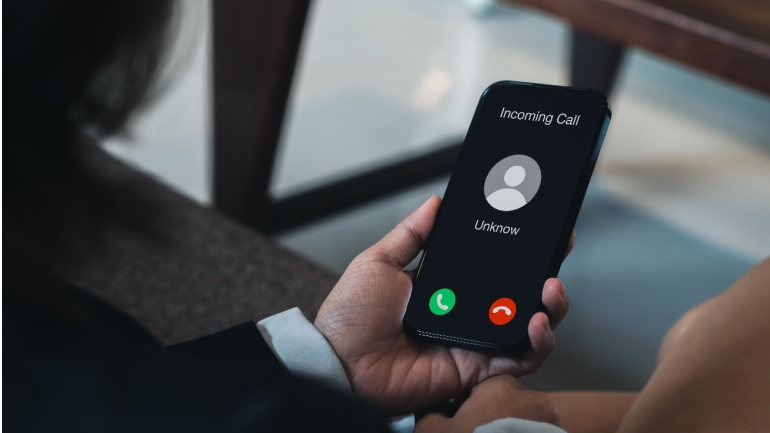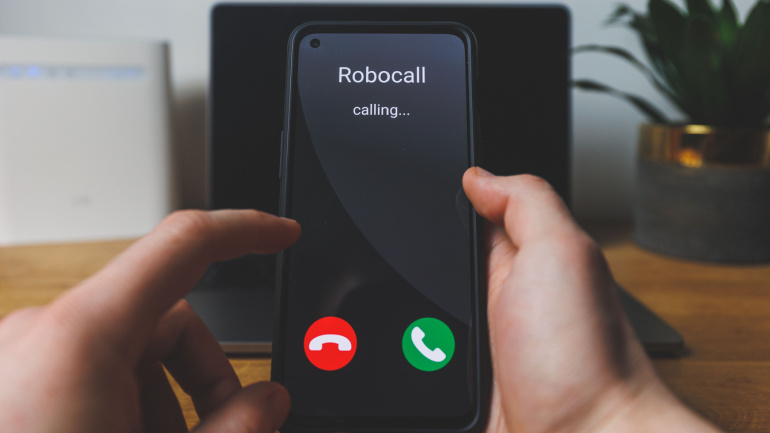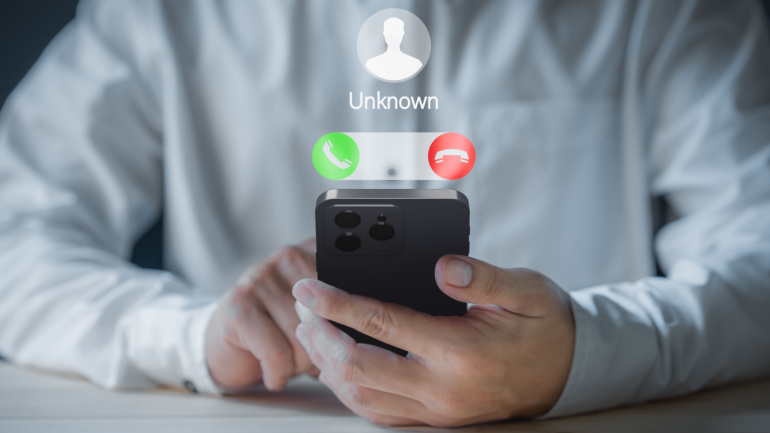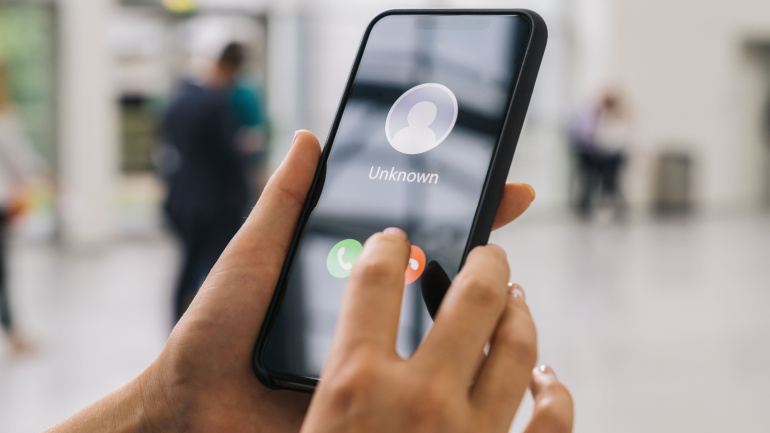The Federal Communications Commission (FCC) has proposed new rules for AI-generated robocalls and texts. Aiming for transparency, the FCC mandates prior consumer consent and clear AI-generated disclosure for each message. This initiative seeks to protect consumers from scams while exploring AI’s positive applications, such as aiding people with disabilities.
Robocalls and scam calls plague phone users, causing financial loss, identity theft, and emotional distress. These deceptive tactics exploit advancements in technology. Fortunately, individuals can fight back with call blocking apps, Do Not Call lists, and authentication technology. By working together, we can reduce the impact of robocalls and scam calls.
In an unyielding effort to combat the surge of illegal robocalls and fraudulent activities, the Federal Communications Commission (FCC) has issued stern advisories to seven gateway providers identified as potential collaborators in transmitting illicit traffic on behalf of overseas entities. This poses a significant risk to the integrity and security of U.S. phone networks.
In an effort to address the growing concern of AI-powered robocalls, the Federal Communications Commission (FCC) is set to vote on a Notice of Inquiry, proposed by Chairwoman Jessica Rosenworcel. The inquiry aims to examine how existing consumer protections, particularly the Telephone Consumer Protection Act, can combat scammers and spammers using AI technology.
In a groundbreaking move against the scourge of robocallers, the Federal Communications Commission (FCC) has announced a historic forfeiture of $300 million, showcasing their unwavering commitment to tackling the issue head-on. However, the question of when this record penalty will actually be paid remains an uncertainty.
In a collective effort to combat the rampant issue of scam calls, the Federal Trade Commission (FTC) joined forces with the Federal Communications Commission (FCC), state attorneys general, and various state and federal agencies to announce “Operation Stop Scam Calls” on July 18. This initiative brought together 102 participants, resulting in a total of 180 enforcement actions taken at the state and federal levels.
WhatsApp is scheduled to launch a new function called Silence Unknown Callers, which will allow users to filter out spam calls. The function, which can be turned on or off in the settings menu, automatically mutes phone calls from numbers not in the user’s contact list. Despite the fact that the call will be quiet, the Caller ID will remain visible in both the calls list and the notifications center. This will enable users to determine who was attempting to contact them. This new addition is intended to fix a problem with WhatsApp’s Communities feature. This feature allows any group member to simply access the phone numbers of other users and begin spamming them. Although banning and reporting calls from unknown numbers can aid in preventing this, Silence Unknown Callers tries to stop the initial wave of spam by excluding calls from these numbers. The most recent…
XConnect, a provider of numbering intelligence solutions, has announced a partnership with IDT Global, the wholesale voice and SMS subsidiary of IDT Corporation. The partnership will see IDT Global utilize XConnect’s RealNumber DNO database, which contains over 6 billion local and toll-free numbers in North America, in order to enhance its customers’ voice experience and protect them from fraudulent calls. The RealNumber DNO contains numbers that should never be used for call origination, assisting in the prevention of telecom fraud on known inbound-only and invalid numbers. By accessing the RealNumber DNO, IDT Global will be able to identify invalid calls and increase the quality of its traffic. This database is updated daily and includes North American toll/local and toll-free lines, providing IDT Global with a complete and trustworthy additional layer of defense in its role as a gateway operator. The collaboration also further expands XConnect’s optimization of…
According to the Federal Communications Commission, callers must receive the recipient’s permission before leaving “ringless voicemails.” The Federal Communications Commission (FCC) has unanimously concluded that these quiet voicemails are subject to the same Telephone Consumer Protection Act (TCPA) provisions that prohibit robocalls without authorization. Each year, the FCC receives numerous consumer complaints about ringless voicemail. As a result, the Commission has made it clear that robocalls, including ringless voicemail, are unlawful if they are made without the recipient’s prior affirmative consent. This decision took effect on the same day that it was made public, November 21, 2022. Any non-emergency call made to a wireless telephone number utilizing an automatic telephone dialing system or an artificial or prerecorded voice is now forbidden under the Telephone Consumer Protection Act, which safeguards customers against unwanted robocalls. This decision comes five years after All About the Message, LLC (AATM) petitioned the…
YouMail released a new robocall warning, saying that utility-related impostor robocalls are posing a concern to Americans. These utility scam calls claiming to be from major American gas, electric, and other utilities in order to swindle unwary victims by threatening them with instant disconnection if their “utility bills” are not paid quickly. The specifics of the scam calls differ, but they typically claim that the user’s service is going to be terminated and that they need to click a key to make a payment or speak to someone at the business. Some calls are made from an entirely random phone number and mention a generic firm name. Others link to certain departments by using a local phone number with the recipient’s area code. Some of them utilize a spoofed caller ID from a well-known utility business. Apparently, these con artists are seeking to exploit the growing number of…













